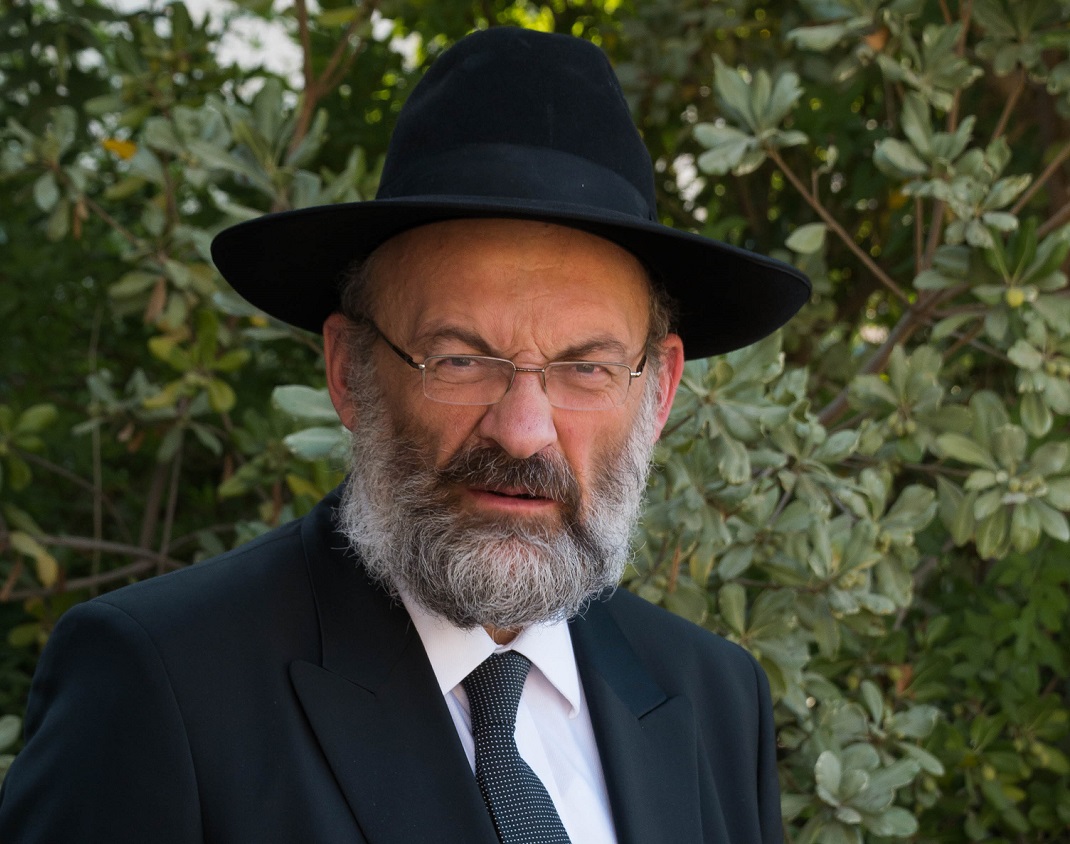A Pressure Cooker of Our Own Making

Why is it that our beloved yeshivos are so prone to pressure?
One of the tragedies of the coronavirus pandemic was the closure of yeshivos. Our bochurim were stranded at home for months on end, unable to learn in the group setting that is so essential for the development of young talmidei chachamim. Overnight, the thunderous kol Torah of the beis medrash became like a distant dream.
But for some, the sudden disruption of yeshivah life wasn’t entirely negative. Many bochurim suffer from relentless pressure to be the best in their yeshivah. For these bochurim, the social isolation was an unexpected respite from the anxiety that plagues them every day. In the wake of COVID-19, we have to give this issue serious attention. This is our opportunity to help our bochurim return to yeshivah in a healthier way.
The drive to excel can be a very positive force that pushes us to realize our potential in Torah and avodas Hashem. But when it leads to intense competition and stress, the results can be devastating. Why is it that our beloved yeshivos are so prone to pressure?
To understand this, we have to appreciate an aspect of human nature, deeply ingrained in the human soul. Hashem created Adam Harishon as a lone individual, the only member of the human race. Since then, every one of his descendants longs to feel singular. Everyone has a need to be exceptional in some way. We shouldn’t dismiss that need. It’s not juvenile; it’s not egotistical. It’s just as real and legitimate as the physical needs Hashem implanted within us. Each and every one of us seeks to fulfill it, whether we’re conscious of it or not.
In the outside world, there are ample opportunities to fulfill this need. Universities offer hundreds of study tracks, from nuclear engineering to musical theater, and if that’s not enough, students can even design their own major. Some find their fulfillment in the stock market, some in the stadium, others in the concert hall. And each field offers numerous specializations. A doctor can specialize in dermatology or radiology. A vocalist can build a career in opera, chamber music, or jazz. Most people manage to find a field where their particular talent can flourish and bring them pride in their accomplishments.
There is, of course, competition. People dream of being the best. But because there are so many fields, the number of contenders in any given arena is limited. And often the competition is temporary. People compete to land a job with a good company, to make the team, to get a seat in an orchestra. But once they get in, since everyone in the team or company has a specific role, the rivalry tends to wane. And even if you’re not the absolute best, you are valued because you do a job most people can’t do, and you do it well.
Our world, though, is much more confined. First of all, the number of fields that are suitable for an observant Jew, let alone a ben Torah, is quite limited. Many jobs, or the academic training necessary to acquire them, pose serious problems for us. Furthermore, we don’t ascribe too much meaning to worldly occupations. Baruch Hashem, we have the Torah, which teaches us not to waste our lives on trivial pursuits. We devote our lives to Hashem’s service. Other pursuits may at times be necessary for one’s livelihood, but we don’t see them as valuable in themselves —they’re not our source of pride. It’s only natural that many of us want to find our niche in the world of kedushah, whether or not we have a secular career.
In particular, Torah study, the paramount mitzvah, is our ideal endeavor. No other pursuit can even be compared to it. Our children dream of becoming gedolim. So as they grow and their internal longing to be exceptional matures, they seek out singularity in the world of Torah. That world, in truth, is rich and varied. Every student of Torah will, in time, find a personal resonance with a particular part of Torah. Some are drawn to halachah, others to chassidus. Even in the world of Gemara, there are various styles of learning that accommodate people’s different ways of thinking. There’s room in the Torah for everybody.
But young bochurim aren’t yet ready to find their individual home in Torah. First they need to know how to learn! If a bochur doesn’t totally immerse himself in the toil of learning Gemara b’iyun, in particular Nashim and Nezikin, during his formative years, the gates of Torah will be forever locked to him. Therefore gedolei Yisrael designed the yeshivah curriculum with a very specific focus. Yeshivos train bochurim to learn Torah with depth and detail. To do that, they learn selected tractates, and continuously hone a particular type of analytical thinking.
Now we can begin to understand the inner plight of our yeshivah bochurim. They have reached the age when the need to be singular rages inside of them. But their focused lives offer them very few areas in which to fulfill that need. They all learn the same specific tractates in the same learning method using the same type of thinking. They all need to find room to be singular in a very narrow world.
I don’t mean to criticize our holy yeshivos, chas v’shalom. Gedolei Yisrael who designed our yeshivos knew what type of Torah training young bochurim require. But the reality is that during their years in yeshivah, bochurim find very few opportunities to be singular. All day, every day, they do the exact same thing as all their peers. So how can a bochur stand out in such a narrow framework?
For many, the answer is to be the best among their peers. If they can’t find singularity in what they do, they have to find it in how they do. And if they learn in a more prestigious yeshivah, they have to be the best of the best. The result is tremendous pressure. The more talented bochurim will be constantly stressed; the less talented will eventually give up, and resign themselves to being hopelessly ordinary. Both outcomes are disastrous.
We have to find a way to help our bochurim. In future columns, with Hashem’s help, I will explore this issue further. The better we understand the problem, the more we can hope to find a suitable solution.
(Originally featured in Mishpacha, Issue 814)
Oops! We could not locate your form.







